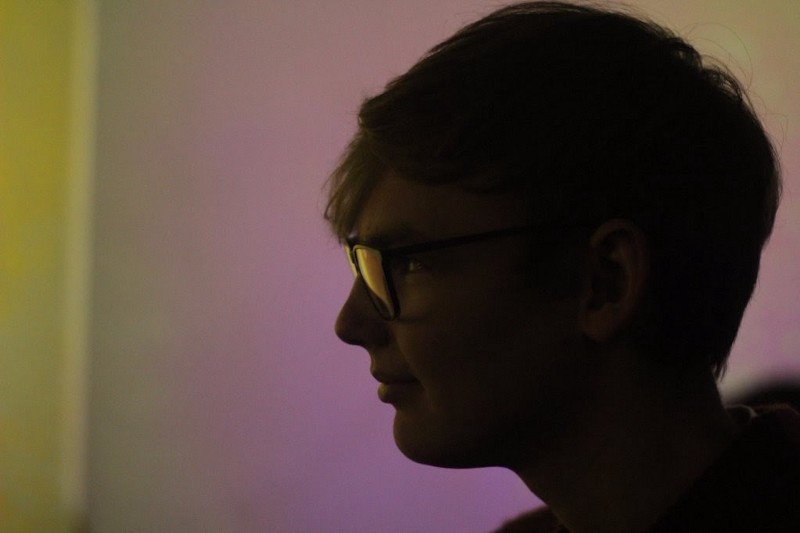By lucas johnston
Working for Starling Bank as a Software Engineer at 17 years of age, I’ve realized that I have the unique ability to make any of my colleagues feel very old, very quickly.
In fact, just a few days ago, a few of us were having lunch when somebody brought up the subject of being in secondary school—and I happily chimed in and mentioned that I just did my GCSEs last year! I was met with a resounding message to never, ever say anything like that, ever again.
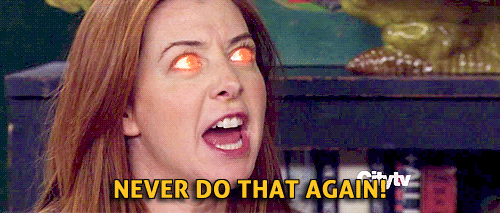
As a child, I grew up surrounded by technology. I can’t remember a time without the World Wide Web being a few clicks away, because I’ve never existed in a time when it hasn’t been. Believe it or not, Google AdWords and I are pretty much the same age. The Sims is eight months older than I am. Windows ME is a little under 4 months older than, well, ME. Scary, huh?
Technology was growing up at the same time as I was growing up.
Each year I’d grow a little bigger.
So would the latest laptop.
Each year I’d grow a little smarter.
So would the latest smartphone.
Each year I’d grow a little faster.
So would the latest processor.
This piqued my curiosity — I was always interested to learn about these weird, magical machines and how they worked. This was obvious from an early age (well, according to my mum at least). I’d have a field day whenever I got my hands on a computer. I would go through each application to see what I could make, to see what would happen when I pressed this button, to see what would happen when I entered that key.
Before I knew it, my dad was controlling his phone with his fingers, my mum was driving in the car with a device screaming “Make a U-Turn where possible,” my sister was listening to her tunes on this tiny black box with a screen, and my friends were racing me in Mario Kart on our DS Lites with this WFC thing that none of us really understood.
I have a quote on my pinboard that defines what I want to do with my life — a quote that reminds me to stop thinking ahead, and to stay in the here and now.
“The best way to predict the future is to invent it.” — Alan Kay
My history with computers
I grew up with an eMac, playing Marble Blast Gold and attempting to download movies from this cool app I heard about called “Frostwire” (the key word in that sentence is “attempt”). Then one day my dad brought home an iMac from the Apple Store.
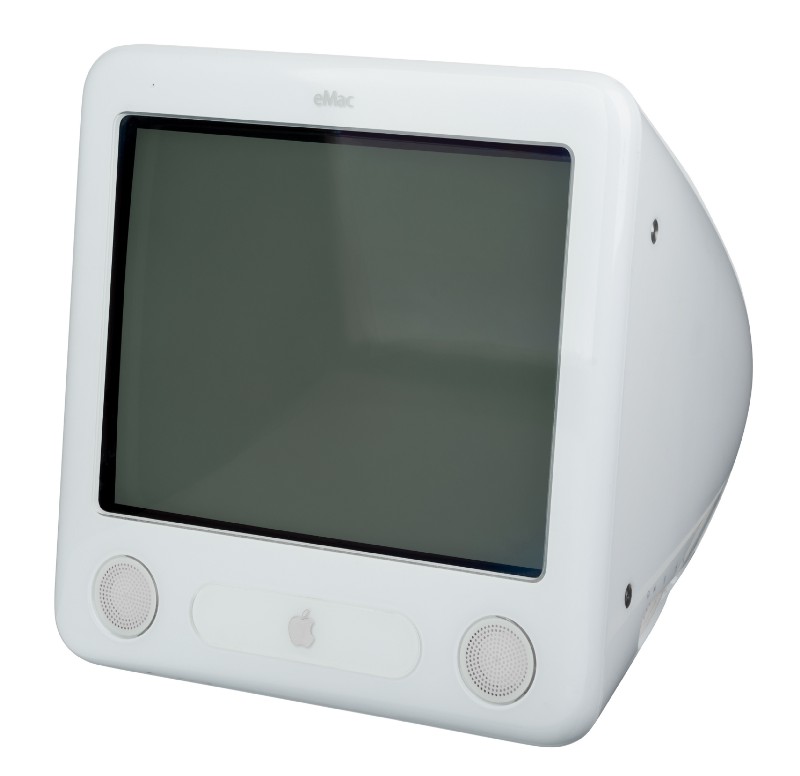
Honestly, I can’t think of a single tangible moment in my life when I’ve ever been more excited about anything than when 9-year old me saw that computer on our desk for the very first time.
I don’t think there are two computers on this earth that have been abused more than my old eMac and iMac have. See, in the pursuit of exploration and discovery, I may have downloaded a few viruses onto them.
Well, I say a few…
Okay yes, I admit I may have scared myself senseless multiple times over downloading malware and spyware and god knows what other malicious code onto those computers. But over time, I slowly became more cyber-smart. I learned what things were “good to click on” and what things were not. It was effectively trial and error.
That’s pretty much how I learned everything I now know about computers.
Trial and error.
For example, when I was 7 years old, I was on a website (I believe it was the BBC homepage) when I decided to click “Save As” in Safari, just to see what it would do. Unsurprisingly, it loaded up a slightly dodgier-looking version of the site that I saw earlier.
I was curious, and I decided to open it in a word processor to see what would happen. To my surprise, it opened up this weird text file with some words I understood, some words I didn’t, and these weird <> signs everywhere.
One of the words was “black,” so I changed it to “red” to see what would happen. I saved the file and opened it in Safari again, and this time an element on the page had turned red.
Little did I know, this was the pivotal moment in my ventures into coding.
Becoming a Digital Leader and digging deeper into tech
Through getting my first Raspberry Pi in 2010, I started learning more about Python. And thanks to sites like Codecademy (and in part to the British computing GCSE syllabus), I started developing my skills in HTML, CSS, JavaScript, jQuery, and Python. I even started developing websites for some local businesses to earn a little bit of pocket money for myself!
At school, I really got stuck in the computing department. Two of my teachers — Mr. McKenna and Miss Harding, as I used to call them — led the department, and they taught me a lot. I have to thank both of them, as well as Mr. Ababio (my first Tutor / IT Teacher), for encouraging and inspiring me throughout Secondary School — especially considering how irritating I know I was as an 11-year-old boy!
In 2013, I became a “Digital Leader” for my school under Ben Rouse. Digital Leaders are effectively students who are EduTech ambassadors. We try to promote the use of technology in the classroom and advise teachers and administrators how it can be improved to enhance education.
As part of that, I was invited to the 2015 BETT conference to talk on the Google stand with a few other Digital Leaders from my school, primarily on how we’d integrated tech in the classroom.
I kept in touch with the folk at Google after the talk, and became an ambassador for their “Apps for Education” — which I now realize was my first experience attempting to network and interacting with a tech company.
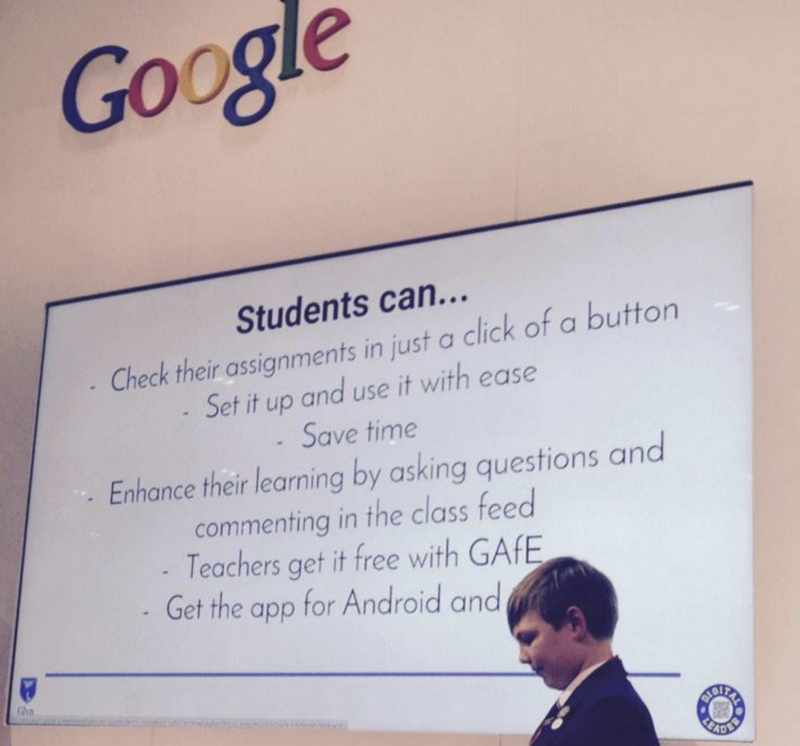
A couple years later, when reading some tech blog, I stumbled across this post about a modular smartwatch — it was a bit like Google’s Project Ara, but on your wrist, and it fascinated me.
The way I saw it, software was only limited by the hardware it was running on. So, if you could remove some of the primary limitations of that hardware, you’d be opening yourself up to the virtually limitless possibilities of software. That’s why I really got invested in modular tech.
This keen interest ultimately led to me getting the e-mail of the CEO of BLOCKS, and asking him whether I could do a week of work experience with the company.
To my surprise, he said yes.
I got to meet the whole BLOCKS team at their base at Imperial College London, learned what they all did and how the technology worked, and really got to know the product well.
When that week of work experience drew to a close, the CEO and Product Director asked me if I wanted to stay on and turn my work into a summer internship. I jumped at the chance, and at some point that internship turned into a job, making me a part-time Software Engineer for BLOCKS at Imperial College London, in between my secondary school studies.
I gained a lot from BLOCKS — I advanced my understanding of Java (Platform), Java (Android), and got to master my web development skills in native HTML5 /CSS3, JavaScript (ES5), and jQuery.
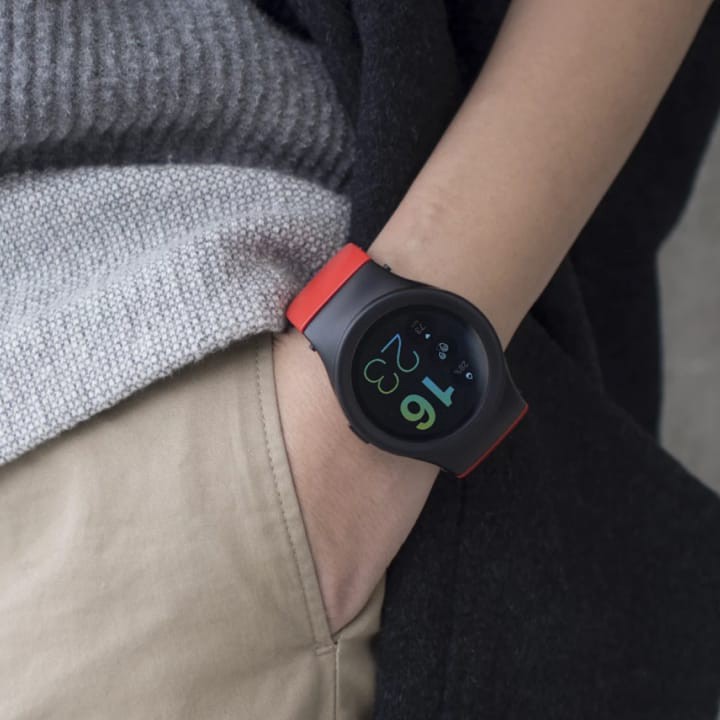
Trouble at home
This next section is a bit harder for me to write about, but I think it’s important for me to talk about my background. I’m very grateful to be in the position that I am today, but by no means was it easy to get here.
I fully recognize that I have a lot of privilege, and count myself lucky to have had the opportunities I’ve been presented with. I grew up on the border between south west London and Surrey, in a relatively middle-class family, with a mother, father, and two siblings.
That’s already more than a lot of kids get.
My dad was a Civil Engineer. When I was little, he often traveled around the world for business, but stayed in London as a consultant for the majority of my life.
On the other hand, my mother was a stay-at-home mum for most of my life before deciding to go into nursing and working for the NHS.
Unfortunately though, we weren’t a happy family. We had problems. A lot of them.
Generally, home was not a good place for me.
Home was never easy.
Home was never “home.”
When secondary school started, everything began to build up — home, school, sexuality, exams, and social media were all massive stresses, and all put a strain on my wellbeing.
For me, home led to quite a few mental health issues, which severely impacted both my health and my performance in school.
I remember a point in my life where I quite literally thought I wouldn’t be around in a few months time.
But I got help, and over time, I got better.
My GCSEs weren’t exactly great though. They weren’t terrible, but I’d missed a lot of school.
When it came to sixth form, I wasn’t allowed to do the A-Levels I wanted to do because I didn’t meet the entry requirements — I was stuck with poor choices. Any chance of me getting into an Oxbridge or Russell Group university had gone.
The standard school system just didn’t work in my favor anymore.
So, a few months in, I started seriously contemplating what I was doing with my life. Home was better than ever before, but was still not a good place for me mentally. I knew it wouldn’t be healthy for me to stay at home for much longer.
Then there was sixth form — I wasn’t enjoying it, and I was going to spend the next 2 years doing mediocre A-Levels to maybe get into a mediocre university and maybe land a junior engineering role by the time I was 23 (and in £60,000 of student debt).
Something had to change.
I knew there had to be another way to do things. I just had to find it.
So, I made the decision to start looking for other options. I decided I wanted to get an engineering role (so I could develop my skills and do what I love), move out (so I could create a happy home of my own), and generally become an independent young person.
I brushed up my CV, smartened up my LinkedIn profile, and started applying for jobs and apprenticeships.
Entering the working world
I spent months developing my own coding skills in my spare time, looking for and researching engineering roles, and trying to gather as much information as I could find.
I knew that I needed to get a well-paying job to be able to afford to live in London — it was either that or living in a council youth hostel room and doing A-Levels or an apprenticeship.
At times I felt hopeful of change, and at times I felt despair. Although I had plenty of encouragement from a number of individuals, I also had discouragement from recruiters and many companies that declined me due to my age and/or experience level.
During this time, I happened to stumble across the Starling Bank website while clearing out old bookmarks in Chrome. I had heard about Starling a while back, so decided to have a browse through their site. I knew I liked their product, so I jumped onto their careers section, saw an opening for an Engineer, and hit “apply.”
Within a couple of hours, I got a response from Hessie, their Head of People Operations, inviting me in for a chat the next morning — to which I clearly said yes!
The next morning I went into Starling’s office in the City and absolutely loved it — the offices looked great, the work they were doing looked really interesting. And virtually everyone I saw had a smile on their face. It just felt like such a warm and welcoming environment to be in.
I had a chat with Hessie, a chat with Sam (Lead Engineer) and Rory (Junior Engineer), as well as John (CIO) and Anne (CEO), and to my surprise was offered a job on the spot. It almost all felt too good to be true.
A part of me held back though — did I really want to give up my life, college, my qualifications, and my home, for this?
I was going against the norm. I was going against the traditional school structure I’d been conditioned into thinking was “the right way.”
In all honesty, it felt wrong. But I knew it was the right move for me.
I could spend two years in sixth form, not learning anything that would help my future career progression. Or, I could spend those two years working for an amazing company like Starling, doing what I love doing every day, learning more than I ever would at sixth form, getting valuable experience that would genuinely help my career, being able to live comfortably and independently in London by myself at just 17, and amassing 7 years of combined professional experience by the time I was 23.
That was the best decision I have ever made, and I’m so glad I made it.
My life today
Although I do still struggle with some anxiety to this day, I manage it. I have a support system when I need it. I see a psychologist every week to keep an eye on me. And now more than ever, I feel happy. Happier than ever before.
Now, I work as a Software Engineer on the Marketplace team at Starling. Most of my work is done in either Java or React/Redux, but I’m slowly branching out into doing more mobile development and other front-end work too.
As you have probably gathered by now, I’m incredibly passionate about technology, but the one thing that I do not want is to only be a Software Engineer. I want to do more.
I’ve already started creating and leading a project at Starling, as well as organizing our LGBTQ+ community outreach, doing talks, representing Starling at events, getting involved with Marketing/Design, and more.
And I’m studying Math and Computer Science A-Levels after all, as Starling was happy to support me in gaining those qualifications.
I consider myself very creative, and I’m very happy to be in a position at Starling where I can be more than just an engineer. I really, truly do love my new career.
My goals moving forward
In my lifetime, I want to use technology to improve the lives of people on this planet.
No, I don’t mean working for a company that just releases a new phone every year. I want to use technology to improve the lives of people less fortunate than myself. I want to try and make the world a better place.
Hopefully, one day, I’ll get to a position where I can do that, and I’m really excited for what the future holds.
For now, I get to write code every day that makes it easier for people to bank and improves the financial lives of everyone that uses Starling.
I think being a Software Engineer at my age gives me a unique perspective on how technology impacts young people, because I am one of the young people impacted by it, so I see it all first-hand. That perspective is something I bring to the table when I contribute to the development of a new piece of technology, and it’s a perspective I want to share.
